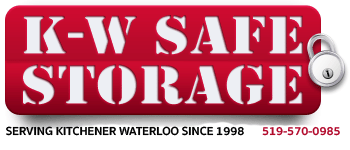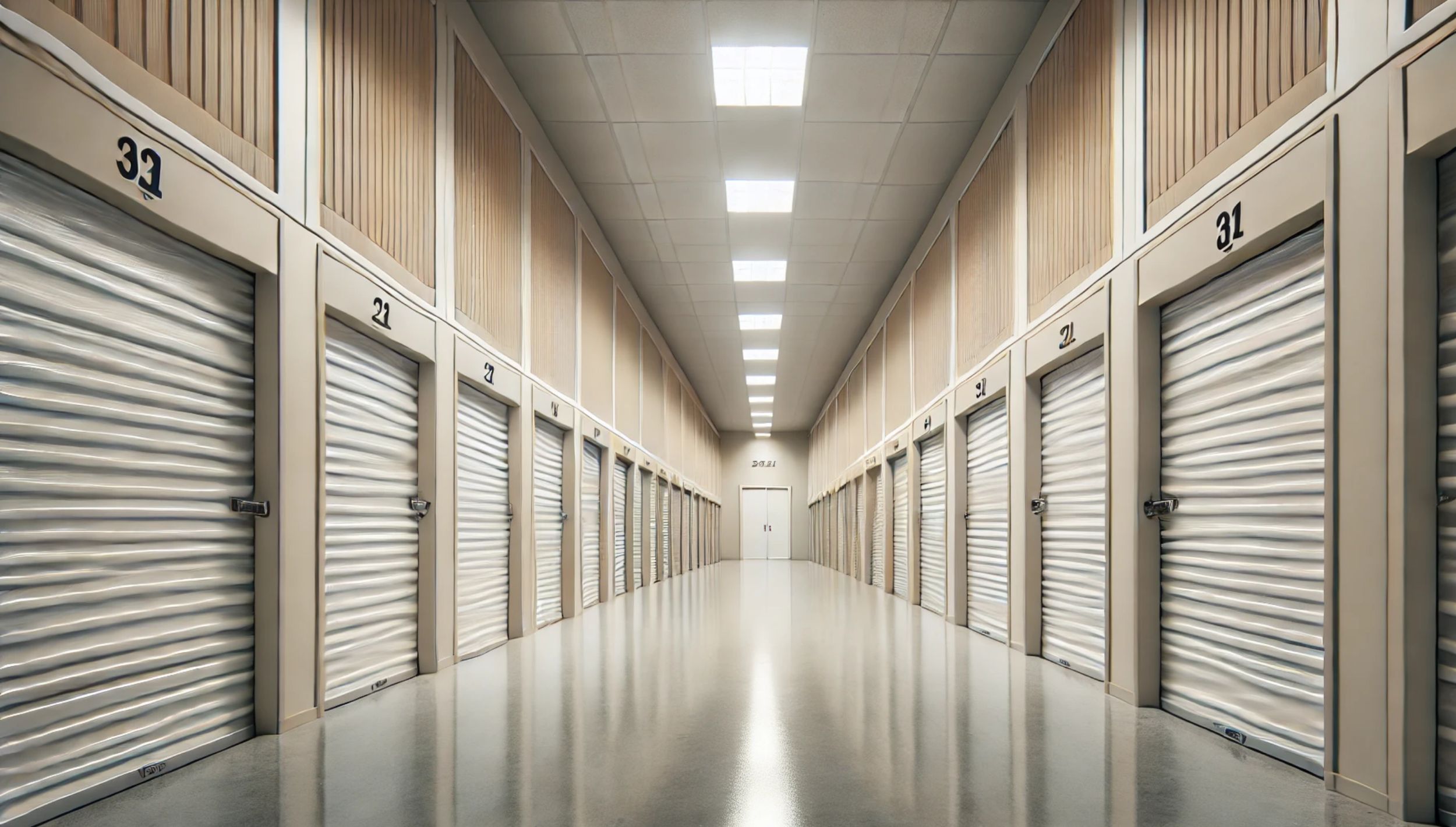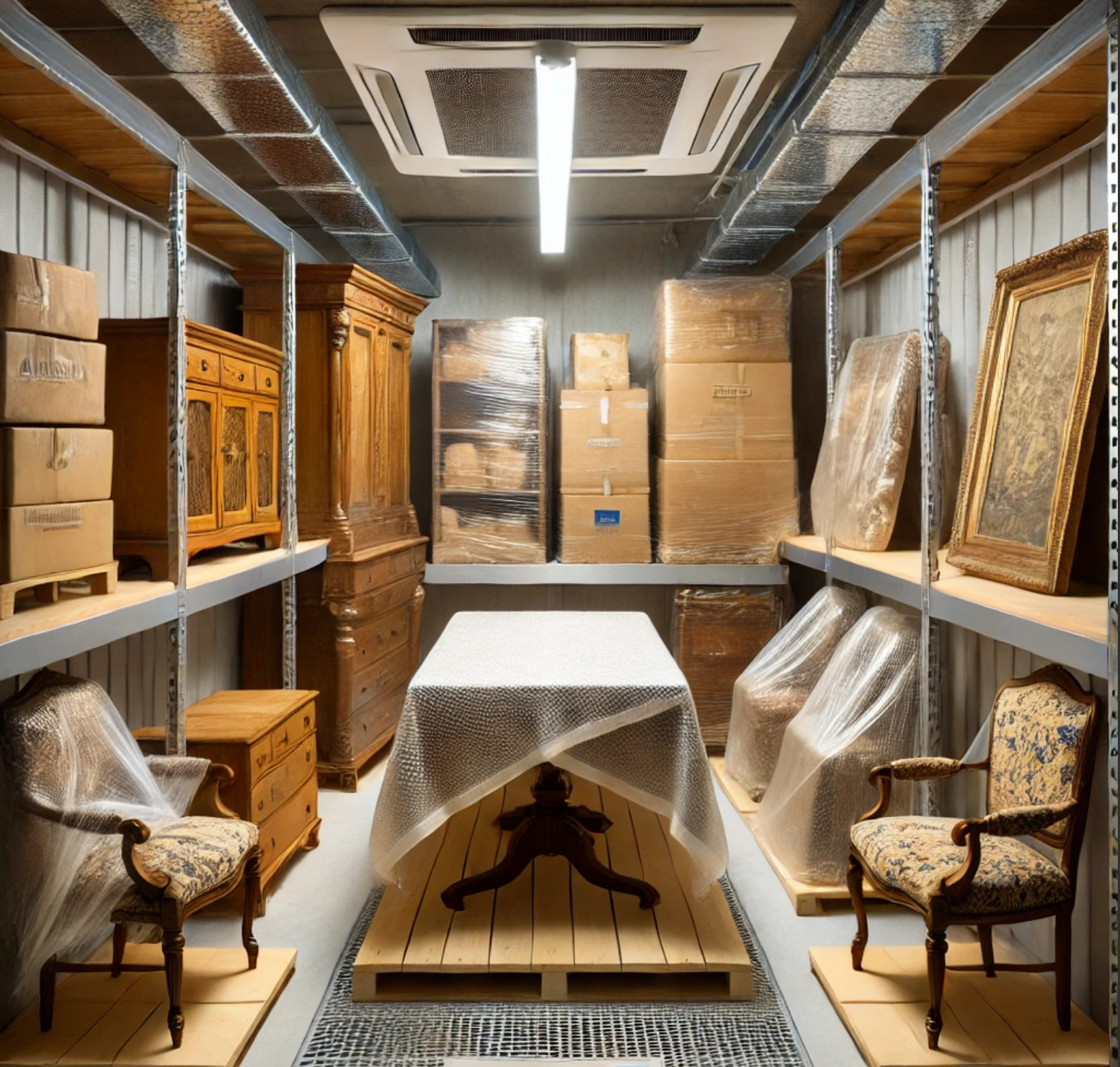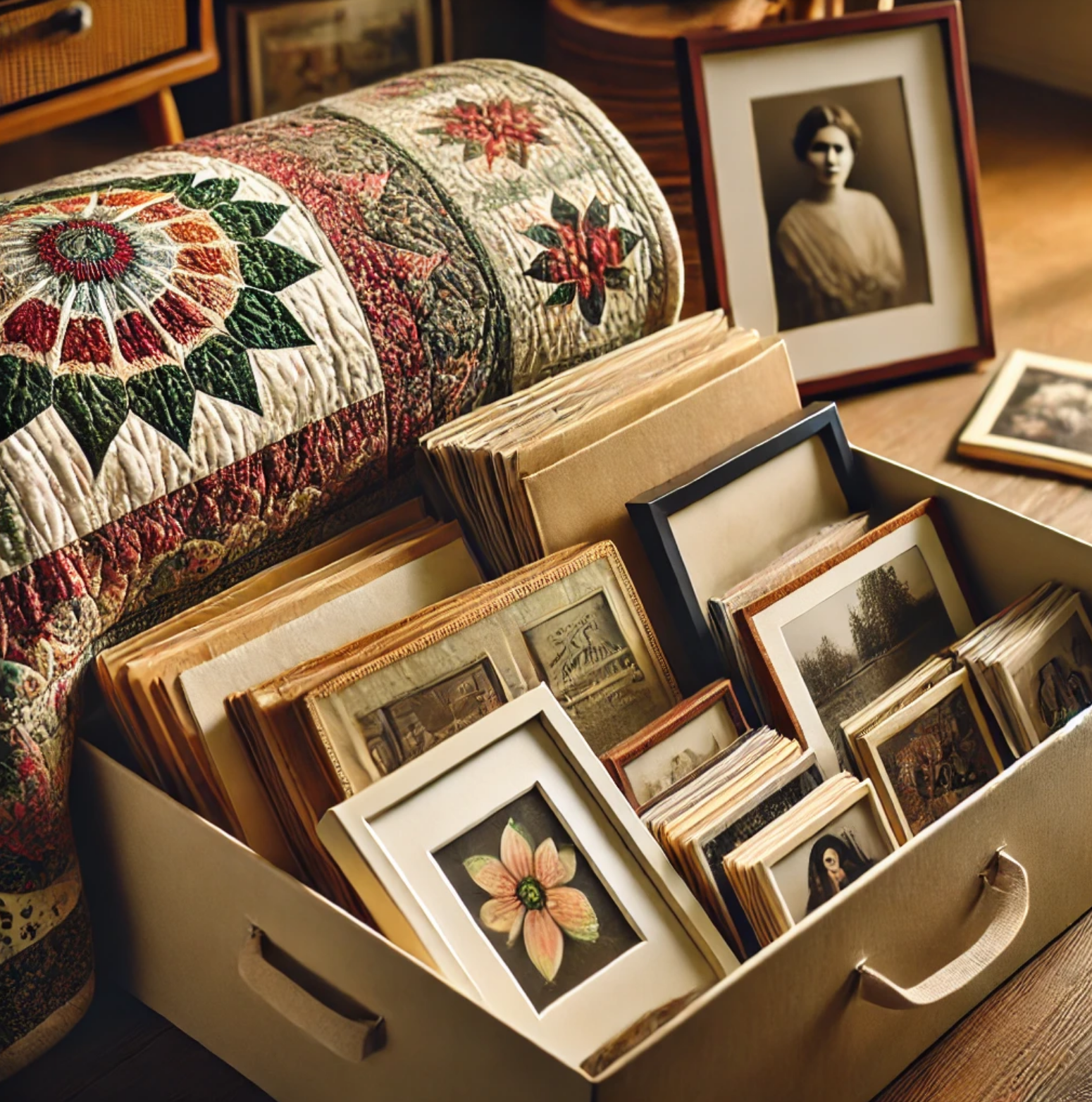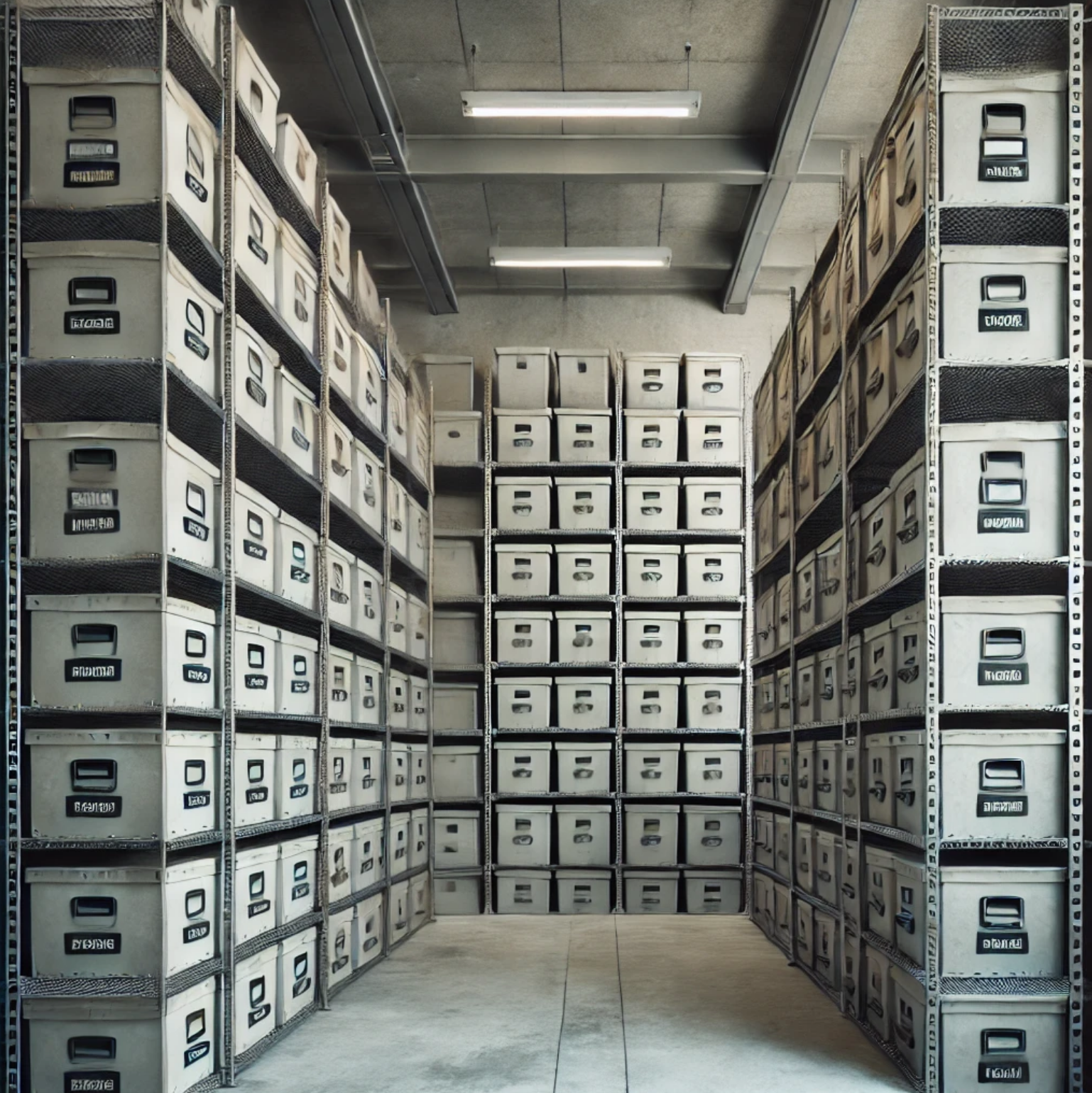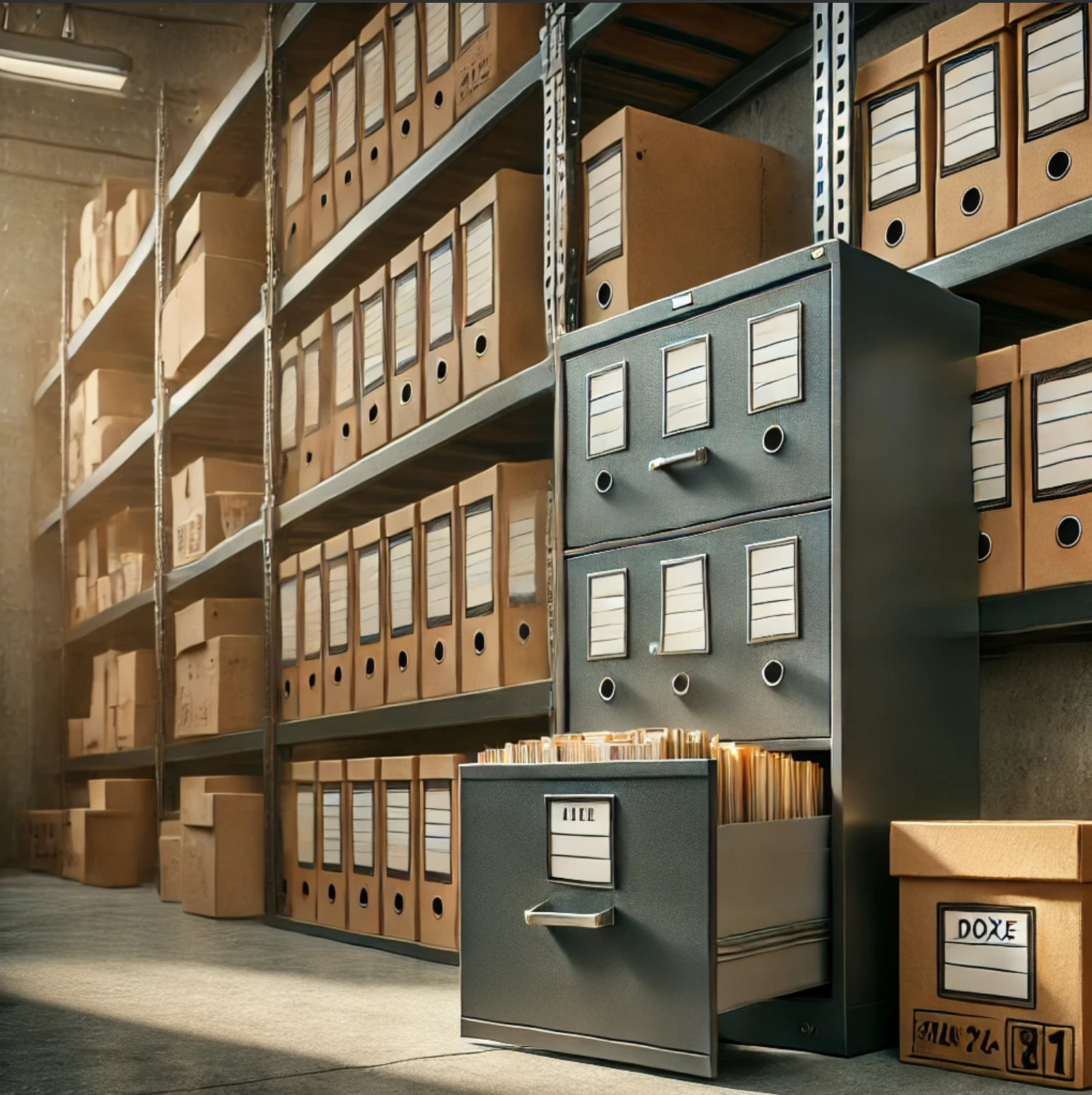Self-Storage Essentials: The Top Items People Store
Self-storage units are incredibly handy for keeping items you don’t need every day but can’t bear to part with. From seasonal decor to family heirlooms, people use these spaces to store all kinds of stuff! Curious about what typically fills these units? Let’s take a look at some of the top items people store and how to keep them organized and protected.
1. Seasonal Items: Out of Sight, Out of Mind (Until Next Season)
One of the most common reasons people use self-storage is to store seasonal items. After all, there’s no need to keep bulky winter coats or holiday decorations in your closet year-round. Storing these items frees up precious space in your home while keeping them safe until you need them again.
Holiday Decorations and Lights
Holiday decor can take up a surprising amount of space. Storing wreaths, lights, and ornaments in a storage unit keeps them safe from damage and makes it easy to retrieve them when the season rolls around. Use clear bins and label each one with the holiday name to keep everything organized. This way, your seasonal items stay in tip-top shape, and you avoid the hassle of searching for that one special decoration.
Sporting Equipment
Storing sporting equipment like skis, snowboards, kayaks, or bikes in a storage unit during the off-season is a huge space-saver. These items are bulky and can take over your garage or basement if left out year-round. Make sure to clean and prep them before storage to avoid rust or other damage. With them safely tucked away, you’ll have more room for the sports gear you’re actively using.
2. Furniture: For Those “Someday” Pieces
Furniture is another popular item in self-storage units. Maybe you’re keeping Grandma’s antique dining set, or you have a sofa that doesn’t fit in your current space. Whatever the reason, self-storage can be a lifesaver when it comes to holding onto extra furniture you’re not ready to part with.
Storing Antique and Sentimental Furniture
Sentimental pieces, like family heirlooms, are often kept in storage because they hold value beyond their function. To protect them, cover furniture with blankets or plastic wrap to avoid dust and scratches. For items that might be sensitive to temperature changes, consider a climate-controlled unit. This extra step will keep your treasured furniture in great condition until it finds a place in your home.
Seasonal and Extra Furniture
Do you switch out patio furniture during the winter? Or maybe you have a spare bed for guests that you don’t always need. Seasonal and extra furniture are perfect candidates for storage. This way, you have access to them whenever they’re needed without letting them clutter up your home. And when the season changes or guests arrive, you can easily retrieve them from storage.
3. Sentimental Items: Memories Worth Keeping
Many people use storage to hold onto sentimental items they can’t imagine throwing away but don’t need on hand. Self-storage allows you to hold onto memories without them taking up valuable space at home.
Family Heirlooms and Keepsakes
Family heirlooms, like old photo albums, handmade quilts, and keepsakes from grandparents, often end up in storage units. These items are full of memories and often irreplaceable. If you’re storing photos or delicate items, use airtight containers to prevent damage from moisture or dust. Knowing these treasures are safely stored gives peace of mind and preserves your family history.
Childhood Memorabilia
If you have children’s artwork, trophies, or toys from your own childhood, a storage unit can be the perfect place to keep these items. It lets you hold onto these memories without cluttering your living space. Labeling and categorizing can help you keep track of everything. This way, you’ll know where each memento is if you ever want to take a nostalgic trip down memory lane.
4. Business Inventory: Space for Entrepreneurs
Self-storage isn’t just for personal items; it’s also popular for business inventory. Many small business owners use storage units to keep extra stock, supplies, or equipment they don’t have room for at home or in an office.
Inventory and Supplies
If you run a small business and need space for inventory, self-storage is a cost-effective solution. This works well for businesses that sell physical products, allowing you to keep stock organized without turning your home into a warehouse. Use shelving and clear containers to keep everything visible and accessible, so you’re always prepared when orders come in.
Office Furniture and Equipment
Sometimes, businesses need extra space for office furniture, documents, or equipment. If you’re downsizing or going remote, self-storage can keep these items safe until you need them again. Office furniture, like desks and chairs, can be bulky, so consider disassembling them for more compact storage.
5. Vehicles: Storing Your Wheels Safely
If you have a vehicle that you don’t use regularly, like a boat, RV, or classic car, self-storage can be the perfect place to keep it safe. Some facilities even offer specialized storage options for vehicles, keeping them out of the elements and ready for your next adventure.
Cars, Motorcycles, and Boats
Whether it’s a car you’re restoring or a boat you only use in summer, self-storage can provide a secure, covered space for your vehicles. Be sure to prep vehicles for storage by cleaning them, disconnecting the battery, and covering them to keep dust and moisture out. This way, they’ll be in great shape when you’re ready to take them out again.
RV and Camper Storage
Storing an RV or camper at home can take up a lot of driveway space. A storage facility with dedicated RV spaces is a great alternative, freeing up room at home while keeping your camper safe. Plus, you can feel confident knowing it’s secure until you’re ready for your next road trip.
6. Documents and Paperwork: Keep It Organized, Keep It Safe
If your filing cabinets are overflowing with documents, a storage unit can help you keep things organized and secure. Storing old tax records, legal papers, or important files off-site keeps them safe and opens up valuable space in your home office.
Tax Records and Legal Documents
Important documents like tax records, legal papers, or contracts can quickly fill up your home office. Storing them in labeled boxes in a self-storage unit helps you stay organized without creating clutter. Be sure to keep a record of what’s stored where, so you can easily retrieve documents when needed.
Personal Files and Archives
You may also have personal records, like school records, medical files, or even family history documents. Storing these in a storage unit ensures they’re kept safe and easily accessible if you ever need them. Use labeled folders or boxes, and consider airtight containers to keep everything protected from dust and humidity.
From seasonal items to sentimental keepsakes, self-storage can handle it all. Whether you’re storing furniture, documents, or a classic car, having a dedicated space for your belongings keeps your home clutter-free and your possessions organized. With a little planning, you can use your storage unit to its fullest potential, keeping your life organized and your treasured items safe. Happy storing!
